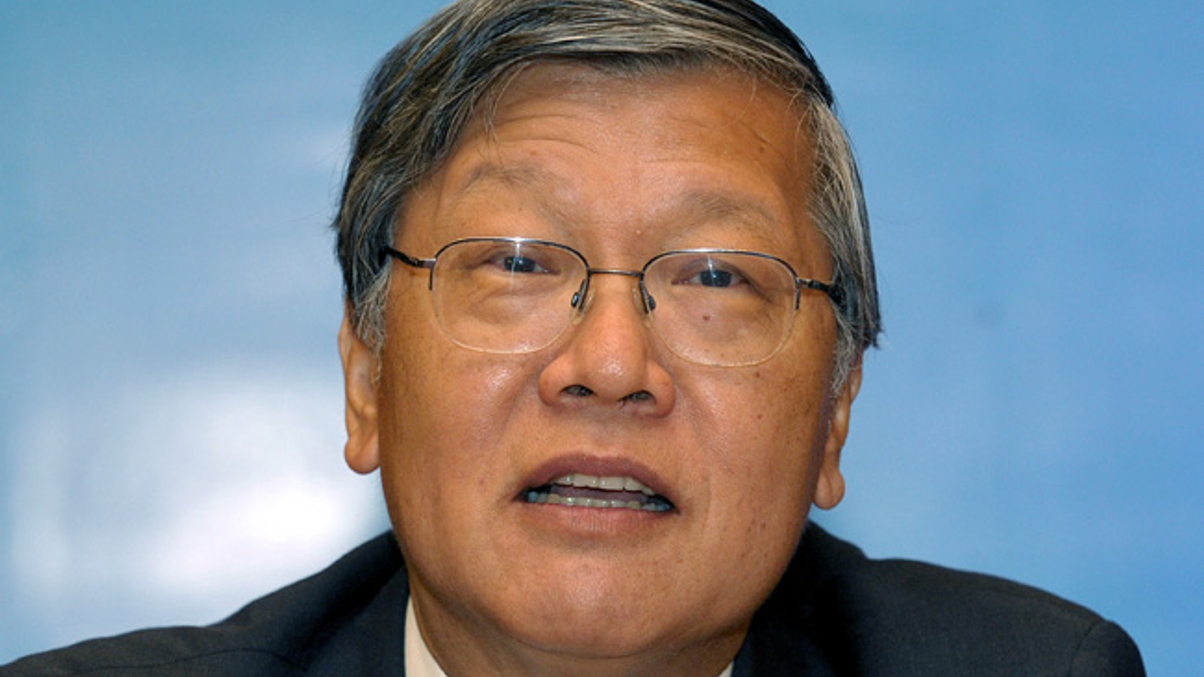Andrew Sheng urges pension funds to forget financial theory
Long-term investors actually need to act for the long term if Asia’s retirement systems are to remain relevant, argues the former SEC chairman and president of Fung Global Institute.

Andrew Sheng, president of Hong Kong think-tank Fung Global Institute, chief adviser to the China Banking Regulatory Commission and former chairman of the Hong Kong Securities and Futures Commission, is imploring managers of pension funds to buck short-term impulses.
Sign in to read on!
Registered users get 2 free articles in 30 days.
Subscribers have full unlimited access to AsianInvestor
Not signed up? New users get 2 free articles per month, plus a 7-day unlimited free trial.
¬ Haymarket Media Limited. All rights reserved.


